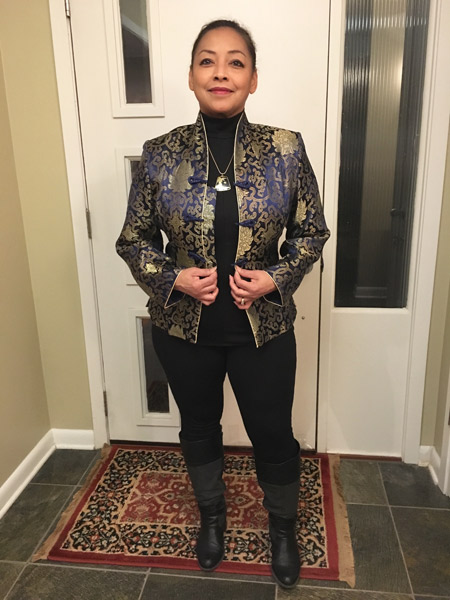From China to chop suey


The memories ended abruptly when Clarence Adams decided to leave China for the US in May 1966, taking the family with him. The "cultural revolution" (1966-76)-the ideology-centered political movements that would convulse China for the next decade-was on its way, and he no longer felt he was trusted. He contacted the British embassy in Beijing, which immediately alerted the American consulate in Hong Kong.
"I still remember my mother's crying in days leading to our departure, and her constant looking-back as we walked over the bridge connecting the Chinese mainland and Hong Kong on May 26," said Adams, who was told that the family was on holiday throughout the entire trip.
Nicholas Platt was the man who met them on the other side of the bridge. A veteran diplomat and author of the book China Boys: How U.S. Relations with the PRC Began and Grew, a Personal Memoir, Platt was then a China analyst with the US consulate in Hong Kong.
"Being the first American official they met created a bond that eased for me that debriefing process to follow," said Platt, 84. "They were expecting a sterner welcome than I gave them. Adams was relaxed and affable, relieved by my low-key welcome."




































